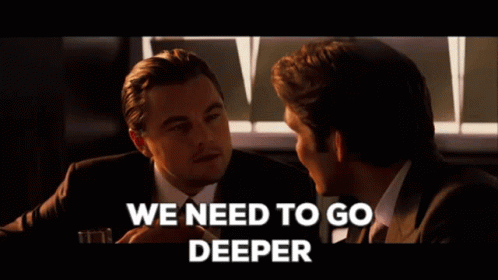As you know, I fully endorse the sentiment to document organisations. I think RORIO is the way to go, and for those orgs that don't have ROR, we provide a standard wikidata module.
Your proposal as far as I can see has one big downside which is that a lot, if not most, attribution happens on level 2 in the axiom assertions stack:
<owl:Axiom>
<owl:annotatedSource rdf:resource="http://purl.obolibrary.org/obo/HP_0000002"/>
<owl:annotatedProperty rdf:resource="http://purl.obolibrary.org/obo/IAO_0000115"/>
<owl:annotatedTarget>Deviation from the norm of height with respect to that which is expected according to age and gender norms.</owl:annotatedTarget>
<oboInOwl:hasDbXref rdf:resource="https://orcid.org/0000-0002-0736-9199"/>
</owl:Axiom>Adding another axiom annotation on that level will not fly, as it involves triple nesting, for which we have zero tool support.
Perhaps this is best solved with an SOP?
- Ask people to always add an ROR when they make and edit/add a term
- Import RORIO the same way we import ORCIDIO


In this PR, I demonstrate the following:
dcterms:creatorof RO:0018030 (chemical relationship) that says I did this under my affiliation with Harvard University. This uses the http://www.w3.org/ns/org#memberOf predicate, as suggested in https://github.com/information-artifact-ontology/ontology-metadata/issues/127#issuecomment-1498014390.What's not in scope of this PR:
Why
Given we have begun standardizing contributions using canonical ORCID URIs and connecting the ORCID Instance Ontology to make those annotations rich in metadata, the next step is to get more granular and include institutional affiliations as well.
In the past, some contributions have been annotated to entire organizations (e.g., GO Constortium), to meetings/workshops, etc. Working towards a well-defined model can allow more precise information that focuses on who exactly is doing the typing/editing, then still maintain the provenance on how they did it. Potentially multiple organizations can be annotated to a given
dc:creatorAnnotation Assertion in OWL, corresponding to the affiliations of the contributor at the time of contribution, referencing the workshop/scenario in which they made the contribution, etc. One person might have made contributions over time within the context of their work in different organizations (e.g., after moving institutions), and therefore may appear with different annotations in different records.In addition to URIs from ROR, which itself is very picky about only including top-level organizations in its controlled vocabulary, Wikidata can be used for more granluar things like specific departments, workshops, etc.
Benefits
TO DO, before merging this PR
Follow-up, after this PR